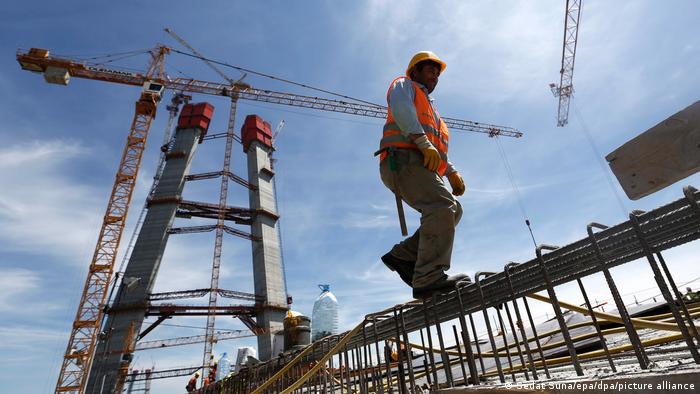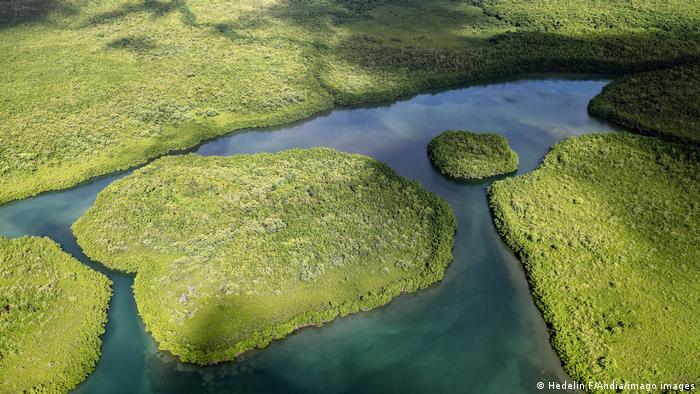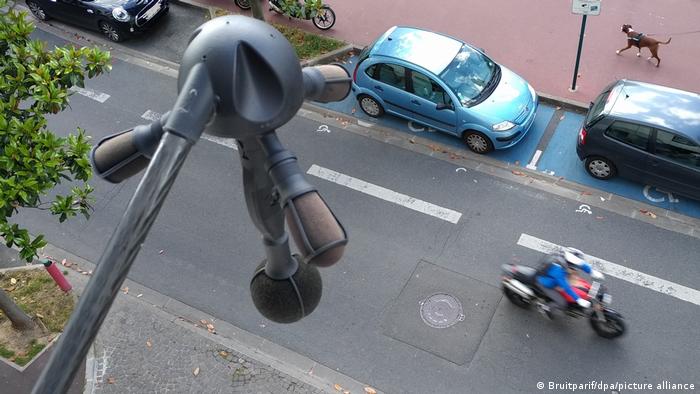For some, the sound of thumps from an early-morning party may make the night a day while for others it can leave them slumbering peacefully in bed.
The noise is unbearable above a certain point. The sounds of road traffic, the whizzing of passing trains, the hustle of customers downstairs or the roaring of a plane taking flight all stress the body.
The world is becoming more louder and noise pollution is a growing problem for people, animals, plants and even the environment. It is a trend that can easily be heard from large cities to remote parts of nature.
More than 1 in 5 Europeans are exposed to enough road noise that it can harm their health. Too much noise can cause metabolic diseases, high blood pressure, diabetes, and even heart attacks. Continuous exposure to high levels noise levels is responsible for approximately 48,000 deaths from heart disease each year and 12,000 premature deaths each year.
Extreme noise is common in major cities, including London, Dhaka, Algiers and Barcelona. For example, New York’s public transport users are exposed at 90% to noise levels that significantly exceed safety limits. This can cause irreversible hearing loss.
Living in poverty means living harder
Poorer people live closer to major traffic arteries, industrial plants, and landfills around the world. This exposes them to greater noise levels than the richer residents of similar cities.
Thomas Myck (German Federal Environment Agency, UBA), a noise expert, said that renting a flat or house on a main street will result in lower rent. “This means that people with less income are more likely live on noisy roads.”
According to a report from the United Nations Development Program, this injustice often runs alongside ethnic groups.
Confused food chains
Not only are humans affected by noise, but so is everyone else. All animal species respond to noise differently, according to studies.
City birds often sing louder. Great tits that live in cities across Europe, Japan, and the UK sing louder than their forest counterparts. Vocal changes have also be observed in insects, grasshoppers, and frogs who live near motorways.
However, misunderstandings are increasing in frequency. Potential sexual partners don’t always get the new songs correctly and this can have a negative impact on mating success. Bogota, Colombia’s frogs now have to croak during quiet periods in order to be heard above the noise.
Myck stated that noise pollution can disrupt mating, the rearing of offspring, and the location prey. “Their whole habitat is severely affected by noise.”
The USA has seen noise pollution double in the last two years in more than half of all its national parks. Noise from the timber industry, gas and oil extraction, and mining projects are the main causes of increased hubbub in nature reserve. This can also cause damage to plant life, as it encourages birds to migrate and prevents them from distributing seeds in the same areas where they used to live.
How to calm the world down
According to the United Nations Development Program, more trees, shrubs and bushes could be a solution to the problem. They disperse noise and help improve the cityscape and climate.
Some experts are skeptical. Myck said, “The noise practically passes though them.” “Soundproofing remains the only option.” It would be more effective to reduce traffic in cities. He suggested setting a speed limit for 30 kilometers per hour on more streets, encouraging public transport and traffic-calming zones and building more electric vehicles.
French authorities are testing a noise-detecting speed camera. This device is used to detect illegally loud vehicles. The device will not only detect loud vehicles in tumultuous urban areas, but also motorcyclists who visit rural destinations. Violations of noise limits could result in fines.
The space created by climate-friendly urban planning could be transformed into cycle paths and parks with fewer cars and less traffic in cities. This could improve the quality of life, wildlife and urban climate. Scientists have found that natural sounds such as birds singing, water splashing, and leaves rustling in the trees when the wind blows make people less stressed.
This article was originally published in German.






